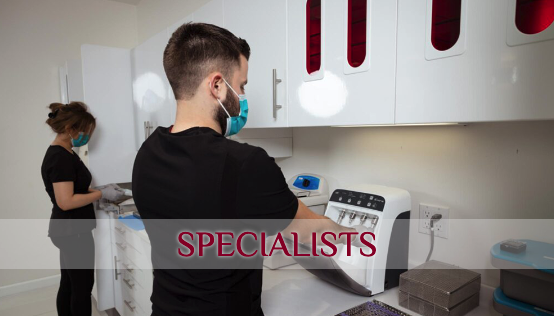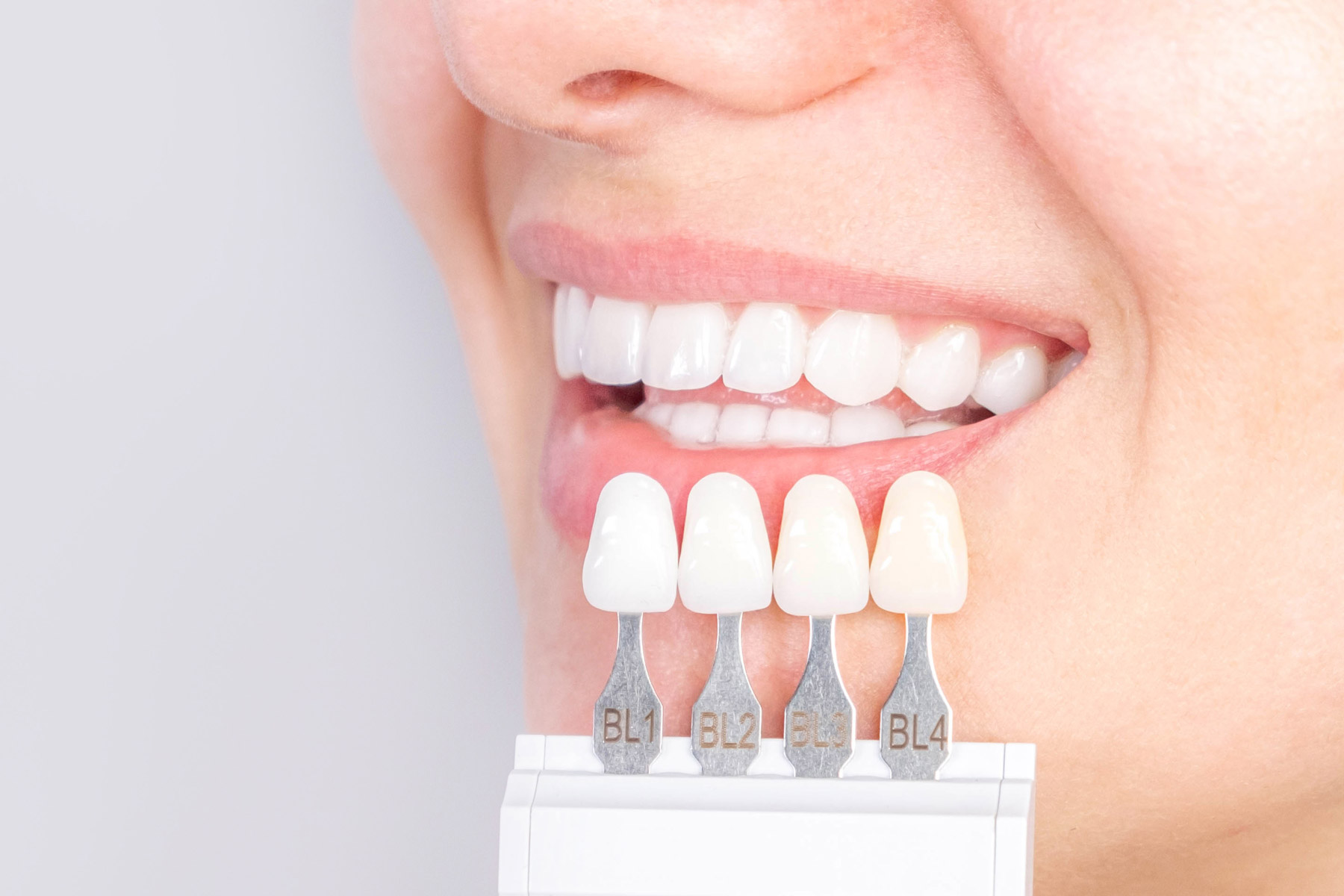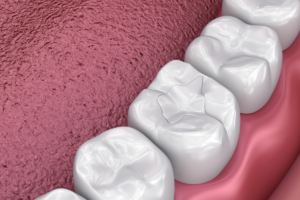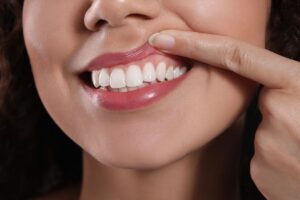In the modern age of dentistry, you can restore any dental condition thanks to the advanced technology. Restorative dentistry allows you to enjoy your youthful smile as long as you desire. Crowns are some of the most beneficial lifelike solutions for a myriad of dental issues.
What Are Crowns?
A crown is applied as a dental restoration to protect your teeth against dental damage. Dental crowns are employed in order to repair extensive tooth decay, strengthen your tooth following its root canal therapy, and restore heavily cracked teeth. They are there to relieve your tooth of dental pain, discomfort, or damage.
Crowns can look like your natural teeth, with an advantage over them: They will not stain with age, daily consumption, and medications. Some crowns can last for many years, though, in the long run, they may need to be replaced due to poor oral hygiene, traumas, or diseases.
Dental implants can also be utilized as a replacement, functioning like natural dental roots.
Dental Crowns Positioning
Your tooth will be reshaped once you go for the crowns. The destroyed and degraded areas of the tooth will be removed, and the required space will be prepared for the crown to fit between your teeth. Dental crowns must be solidly connected to the surrounding teeth for optimal functionality. Impressions of your teeth may be analyzed before making the restorative crowns.
Types of Dental Crowns
There are a variety of dental crowns, such as ceramic porcelain crowns, porcelain fused to metal crowns, gold alloy crowns, and base metal alloy crowns. The proper type of dental crowns will be chosen based on your dental condition and preference.
Metal crowns are recommended for molars or back teeth that are less visible. Porcelain crowns are tooth-colored and tend to be the most popular due to being similar to your actual teeth. They are primarily recommended for front or more visible teeth.
What is a Porcelain Crown?
Porcelain crowns, also known as ceramic crowns, are a practical solution for your damaged teeth. These dental crowns are ideal for the front teeth, particularly when you’re smiling or have your mouth open. Porcelain crowns are made of tooth-colored materials to integrate with your natural teeth and enhance your smile.

Porcelain Crown Placement Procedure
Getting a porcelain crown is a relatively painless procedure performed in two separate appointments. To begin, a physical examination is carried out to evaluate the extent of the dental decay and ways to treat it, which is done after using local anesthesia. The process will take longer if you require a root canal before placing the crown.
Porcelain Crown Recovery
You can expect mild discomfort and sensitivity after the porcelain crown placement, but you can get back to your daily activities soon. Inflammation and irritation may be experienced for several days as well. If you get numbing agents during the procedure, your jaw may feel numb for several hours afterward.
After your porcelain crowns are placed, you can proceed to eat as you usually do, along with your regular oral hygiene routine. However, it shall take a while to get used to the feeling of the crowns in your mouth.
How Long Do Porcelain Crowns Last?
Your porcelain crowns should operate for a lifetime if adequately fitted, as they are strong and can last a long time. Of course, you do need to look after your crowns to prevent them from becoming chipped, getting loose, or falling off. If you suspect that your crowns have become loose, you should visit your dentist immediately to repair or replace them.
Types of Porcelain Crowns
There are several types of porcelain crowns:
- Zirconium
Zirconium crowns are considered to be extremely strong but not beautiful. They have two layers; the thicker the top layer, the less you see of the coping underneath.
- Empress Porcelain Crowns
This system has two layers. It is losing popularity because of not being very strong.
- E Max – layered
The most modern cosmetic material used for porcelain dental crowns and veneers, the E Max-layered crown is a bio-compatible ceramic system with two layers, preferred for your anterior teeth. Emax can make beautiful restorations, being stronger than the other ceramic systems.
- E Max – Monolithic Porcelain crowns
E Max Monolithic is a one-layer design, beautiful on its own. It is more resistant to chipping, hence making a suitable porcelain crown.
- Cerec and Sirona
Cerec and Sirona milling technique is growing in popularity due to being tooth-shaped. These caps can be customized and created in one session.
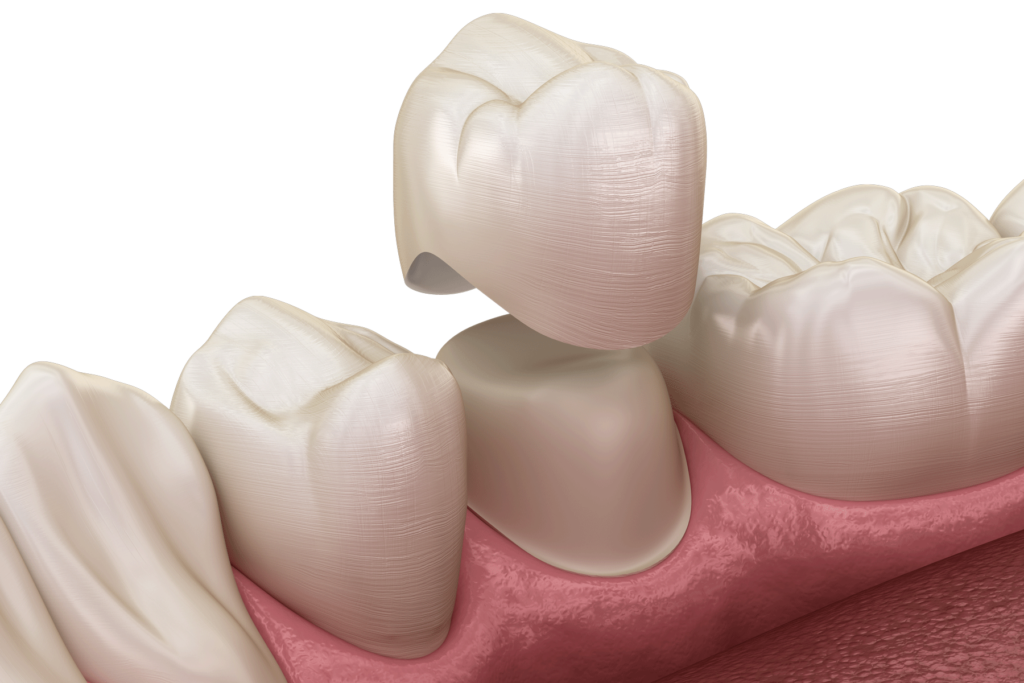
The Benefits of Porcelain Crowns
The biggest benefit of porcelain crowns is their restorative aspect. They will improve your oral health, treat dental conditions, restore the appearance of your smile, and optimize your teeth functioning. The noticeable outcomes of a porcelain crown include:
- Replacing the missing teeth;
- Repairing tooth decay, cavities, or dental cracks that cannot be restored with the help of fillings;
- Strengthening the weak or poorly rooted teeth;
- Restoring the teeth that have had root canal procedures;
- Improving the appearance of the misshapen and stained teeth.
Porcelain crowns also offer amazing cosmetic benefits. Restoring the appearance of a smile is a big concern that can be achieved by getting these crowns, because:
- Porcelain crown fittings can look natural as they blend with your own teeth colorwise;
- Porcelain crowns do not cause abrasion in the neighboring teeth;
- Porcelain crowns are customized to integrate with the shape and texture of your teeth;
- Porcelain crowns are stain-resistant and tend to stay white.
The functional benefits of these crowns are also noteworthy. They all deliver health gifts, the most notable of which is their ability to be placed as a restorative without necessarily demanding your teeth to be removed. Your natural teeth structure will be preserved as much as possible after the filling you have with porcelain crowns. Also:
- Porcelain crowns can reduce your dental sensitivity;
- Porcelain crowns are quite strong and can last many years;
- Porcelain crowns protect your teeth from further damage;
- Porcelain crowns are not very demanding in maintenance;
- Porcelain crowns have had few complications;
- Porcelain crowns are exceptionally comfortable.
If you are recommended to opt for a porcelain crown, you can contact us at Aria Dental for a comfortable treatment experience. Our staff is well-prepared to be with you regardless of your condition, and to help you get the smile you deserve.









